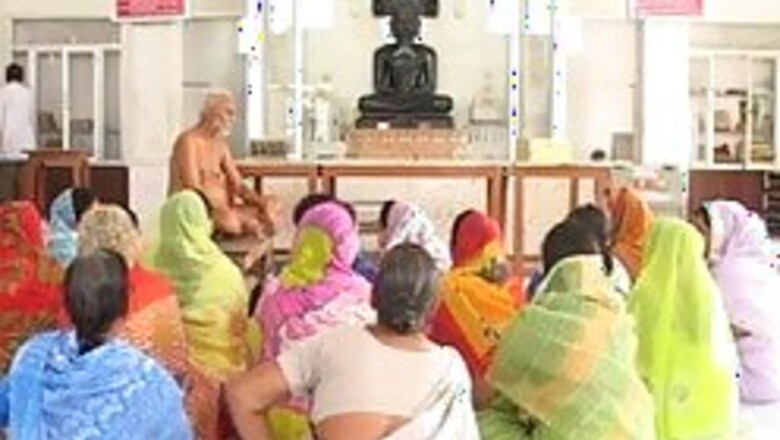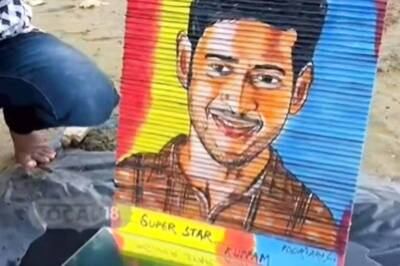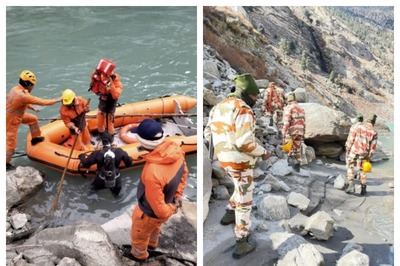
views
Jaipur/New Delhi: The debate over Santhara, the Jain custom of fasting to death for salvation, is likely to intensify in Rajasthan.
Sixty-one-year-old Vimla Devi, who suffered from brain tumour, died in Jaipur on September 28 after a 14-day fast. Nonagenarian Keila Devi, a resident of the city’s Johari Bazaar, has been fasting for 25 days. She suffers from liver cancer and brain tumour.
PTI reported on Saturday that a septuagenarian man in Ajmer started Santhara yesterday after post-surgical complications. Amarchand Kaswan’s condition is "highly critical", said his son Padam Chand.
Kaswan developed gangrene after a surgery and suffers from pneumonia and blood infection. The two deaths have again revived the debate whether Santhara is a sacred religious custom or plain suicide.
Over 200 Jains take up Santhara every year, says Jitendra Shah, and Indologist and scholar on Jainism. Shah, who has traced the origin of Santhara back to 250 BC, says the custom is based on Jains’ belief of voluntary, peaceful death.
"Santhara is a philosophical concept of attaining samadhi," says Shah, the director of L D Institute of Indology.
"On an average, about 240 Jains (both Shewtambar and Digambar sects) attain Santhara every year though most of them go unnoticed and unrecorded," Shah says.
"In Jainism, Santhara means spiritual withdrawal from worldly existence in tune with divinity," he says.
"According to scriptures, a person cannot perform Santhara without the permission of their Guru."
"A person deciding to attain Santhara first prays, meditates and practices fasting every day. Then the person gradually give up solid food, confines oneself to a bed and finally relinquishes even liquid-diets," he says.
"According to a PhD thesis done by one of my students, in 2004 there were 260 recorded Santhara deaths among Shewtambar Jains and 90 deaths among Digambar Jains between 1993-2003," says Shah.
PAGE_BREAK
Dr Tapasvi Nandi, a Jain scholar and former head of the department of Sanskrit at Gujarat University, says Santhara must not be equated with Sati or suicide.
"While Sati and suicides are extreme acts of desperation, Santhara is a spiritual concept where a persons tunes his or her soul with the divinity before voluntarily relinquishing one's body," Nandi says. "It is not self-killing or self-murder as is the case with Sati and suicides."
The Rajasthan High Court is hearing a petition which alleges that Santhara is akin to suicide or Sati and should be stopped. The court has sought responses from the state government and Jain groups.
State Home Minister Gulabchand Kataria says the government was waiting for the court's decision on the matter and would abide by its directives.




















Comments
0 comment